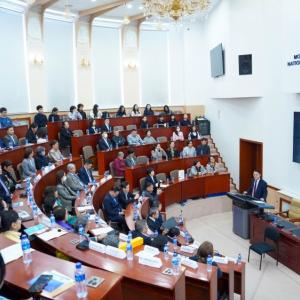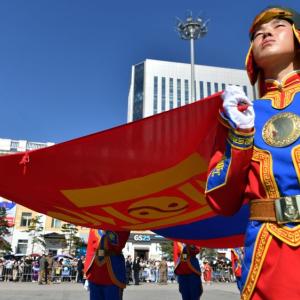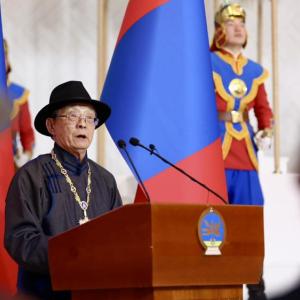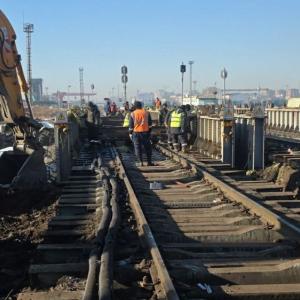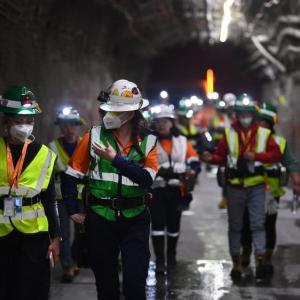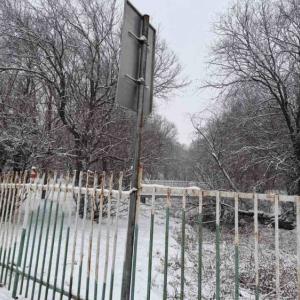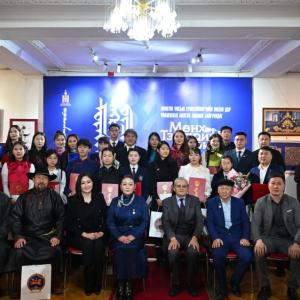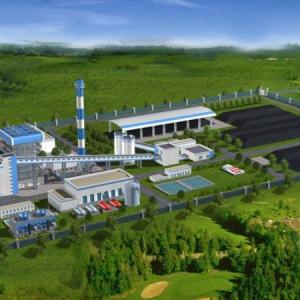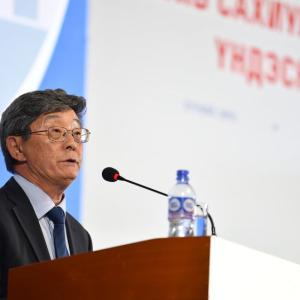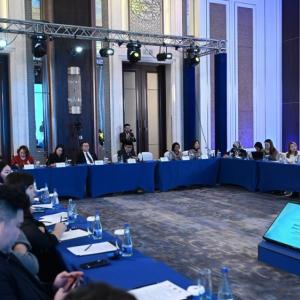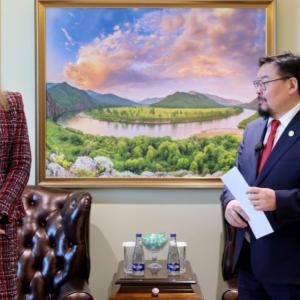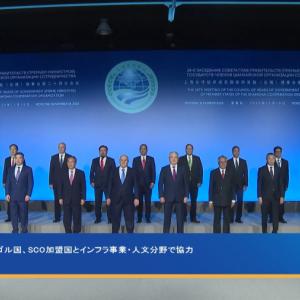Over 2400 Representatives Convene at National Risk Forum to Tackle Disaster Risk
Politics
Ulaanbaatar, November 23, 2023 /MONTSAME. Under the auspices of Deputy Prime Minister of Mongolia Amarsaikhan Sainbuyan, the National Risk Forum was held at the State Palace on November 20-22, 2023.
The Forum aimed to find a collaborative solution and make a concrete contribution to risk management in the public and private sectors, as well as civil society by discussing the social, economic, and disaster risks facing Mongolia, exploring ways to prevent and mitigate these risks, and seeking practical solutions. Jointly organized by the Office of the Deputy Prime Minister, the National Emergency Management Agency of Mongolia, the Mongolian Agency for Standard Metrology, and the Mandal Financial Group, the Forum brought together over 2400 representatives from government and non-governmental organizations and media in Ulaanbaatar city and 21 aimags, as well as international organizations including UN Food and Agriculture Organization, UNICEF, UN Population Fund, World Health Organization, and Mongolian Red Cross Society.
The three-day Forum took place with discussions under the topics of "Risk Management and Stability," "Disaster Preparedness," "Disaster-Responsive Social Protection," "Public Health and Safety," "Food Security," "Risks and Standards of Construction and Energy Sectors," and "National Capacity of Disaster Protection." The following recommendation is issued based on the conclusions of the Forum:
Urban Planning and Resilient
Construction and Infrastructure:
-To
systematically organize the works of approving the General Construction Law, updating
the relevant standards, and making legal reforms in order to reduce risks in
the construction and infrastructure sectors,
-To
register over 7,000 buildings constructed before 2002 and 1,760 buildings of
public schools, kindergartens, hospitals, and dormitory buildings,
-To implement
appropriate measures to improve the earthquake resilience of buildings and
intensify works to enhance reinforcement,
-To
ensure the construction of flood control structures, rainwater drainage
networks, water table control systems, and land clearing projects, special
attention should be paid to the implementation of the master plan for urban
engineering preparatory measures,
-To conduct a comprehensive flood risk assessment and evacuate affected residents from flood-prone areas,
-To examine the need for establishing a water protection zone, and if necessary, develop and propose amendments to the legislation,
-To enforce laws, regulations, and standards in urban planning to ensure the resilience of infrastructure against disasters,
-To organize the work step by step to improve waste management and recycling in Ulaanbaatar City and centers of aimags and soums.
Risk Transfer and Development of the Insurance System:
-To create a multi-pillar insurance system, improve the risk management system, develop life insurance, create a legal framework, strengthen the domestic double insurance system, expand the scope of insurance, create a liability system by revising the Insurance Package Law,
-To build national resilience to disasters.

Improving Risk Awareness on Standards:
-To launch the "Mongolian people and risk education" national campaign, fostering a culture of natural disaster prevention,
-To reduce natural disasters and other risks through the implementation of standards,
-internalization of international risk management standards into national standards,
-To limit the use of toxic chemicals in agriculture and industry, ensuring compliance with relevant standards and monitoring their implementation,
-To investigate soil pollution to define pollution level, take measures to eliminate it if necessary, introduce innovations and advanced technologies.
Demography and Social Protection:
-To plan response actions based on accurate research in social protection for families at high risk of natural disasters and emergencies,
-Based on a united residency database, conduct a disaster risk assessment and post-disaster needs assessments and take appropriate response measures.
Climate Change and Disaster Risk Reduction:
-To intensify weather observing network,
-To update and enforce guidelines and standards (buildings, highways, etc.) for climate change risk assessment,
-Implementation of strategies and methods for climate change adaptation,
-To maintain and coordinate risk reduction efforts at the local level,
-To improve intersectoral coordination under an impact-oriented "Integrated Early Warning System."
Ensuring the Health and Safety of the Population:
-To increase intersectoral collaboration and response under the "One Health" strategy,
-To ensure sustainable financing for health and public health,
-To maximize available resources for effective public health emergencies,
-To improve the quality and accessibility of health care,
-To modernize the equipment of the National Reference Laboratory for Food Safety,
-To update food standards,
-To update laboratories and standards measuring air pollution, indoor pollution, and soil.

According to the resolution of Mongolia's National Council on Disaster Risk Reduction, the recommendations and conclusions from the National Forum are conveyed to the relevant central government bodies, Governors at all levels, and relevant state organizations to monitor the implementation.
 Ulaanbaatar
Ulaanbaatar



















